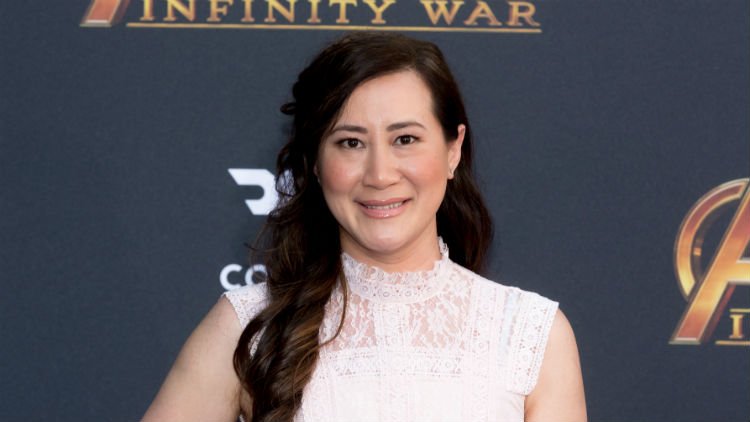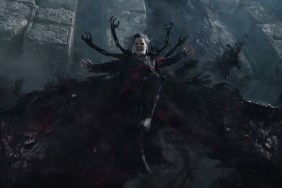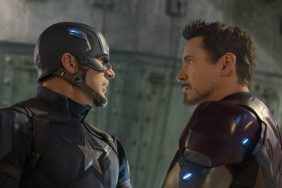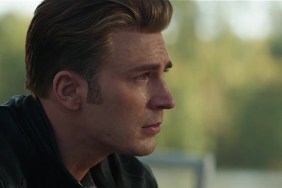Photo: Greg Doherty [Getty Images]
The role of “producer” is at once ubiquitous and mysterious. Everyone knows that movies and TV shows have producers, but what do they do exactly? What is their role in, say, a huge tentpole blockbuster? And if one decides they want to be a producer, how do they go about it?
We…don’t have the answers. But luckily, we know people who do. We were able to ask Trinh Tran—executive producer of Marvel Studios’ Avengers: Infinity War—how she got her start in the early days of Marvel movies, what it takes to be a producer, and how exactly you wrangle an intergalactic superhero epic that represents the culmination of over 10 years worth of films starring a roster of legends.
With Avengers: Infinity War landing on DVD and Blu-ray tomorrow, we managed to acquire some career advice gems from Tran on other ways of “making it” in Hollywood.
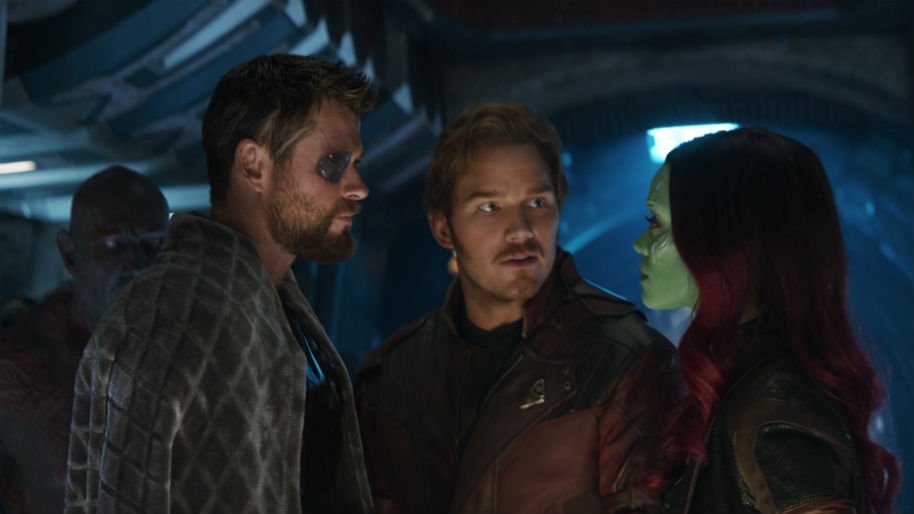
MANDATORY: A lot of people only have a nebulous idea of what a producer/executive producer does, much less how one gets on that career track. Can you tell us your own “origin story”?
TRINH TRAN: One of my first jobs after college was working as a post-production assistant on Monster House. That led me to an editorial assistant position on Alien VS Predator: Requiem. Since then, I have been at Marvel Studios, where I worked my way up from being an assistant in the post-production department to being a creative executive on Captain America: Winter Soldier; Associate producer on Captain America: Civil War and now here I am on Infinity War and Avengers 4. I always knew I wanted to be in the film industry and produce at a young age, so it was just a matter of how to get there without knowing anyone in the industry. It was through a film program that I secured my first gig in the industry, and from then on it was a matter of hard work and proving that I am where I am meant to be.
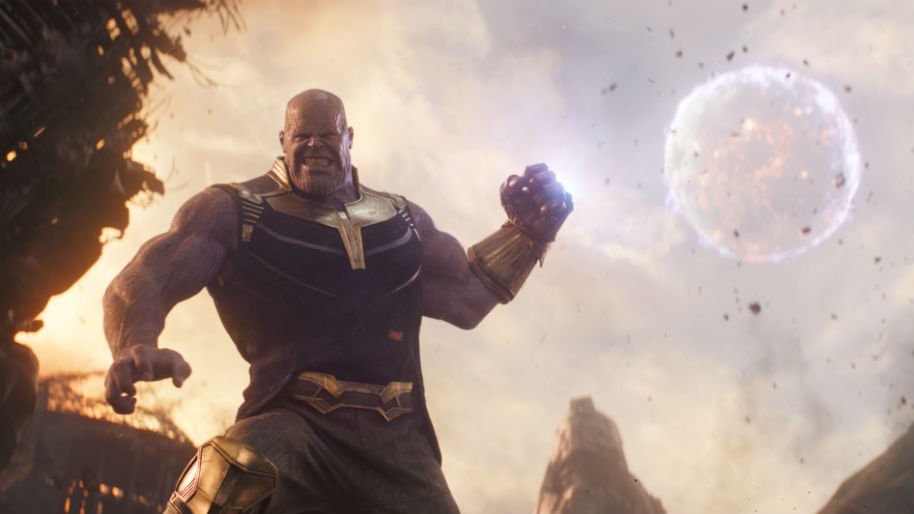
What is your day-to-day like? How does it vary in between films versus when you’re in the thick of something enormous like Avengers?
What’s exciting about the job is that every day is different. There is no set routine. In between films, you are always working at developing the next project. We start in pre-development, where we brainstorm ideas and lay out potential plots. We continue working closely with the writers and directors as we carry it through to the final stages of the development process. When on set, especially on a massive project like Avengers: Infinity War, every day is a learning experience. Unexpected hiccups force quick decisions and often yield some really creative outcomes. After filming, as part of the creative team, we’d go into post production to work on the cut to get to the final product.
What skill do you think counts the most in your line of work?
Problem solving. As a producer, you must be able to wear multiple hats at any given moment. Multi-tasking is key. Any and all issues come your way, whether its creative or production, and you must be prepared to quickly find solutions.
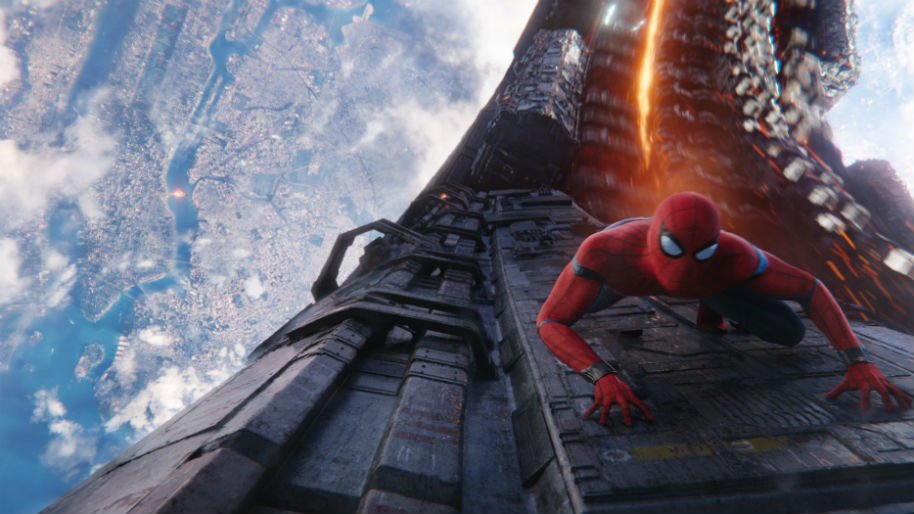
What advice do you have for people looking to break into the film industry?
You have to have passion in what you do, that’s key. And be prepared to put everything you have into it. If you love what you do, it doesn’t seem like work so every day is like an adventure in the playground.
What gets you out of bed in the morning? Is it difficult as a producer to not necessarily be able to point to something concrete and say, “I did that” or “I made that” since your focus tends to be on the bigger picture? Or is that a common misconception?
Producers oversee all the aspects of movie making and have a say in them. Therefore, the movie as a whole is our focus, so that movie in itself is an accomplishment. Getting to say that I was a part of creating Avengers: Infinity War is a pretty amazing feeling.
Schools have programs that teach the technical side of filmmaking and, of course, there are drama schools, but what would a producer’s education look like? What can people do if they have that as a career goal?
Producing is really a hands-on job. Surround yourself with people who work in the industry, especially any field you’re interested in pursuing. These people can ultimately help you navigate your goals, and these relationships will often be your best education.
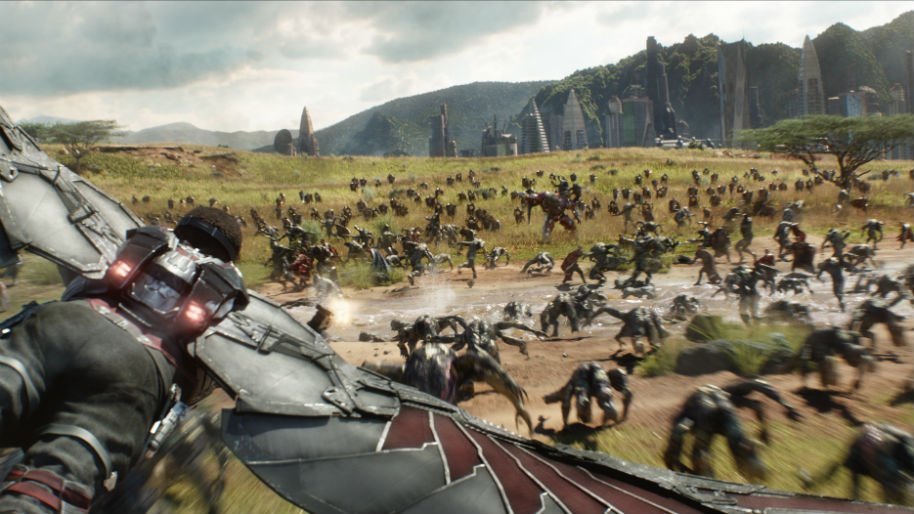
When you look back at the relatively tentative steps Marvel took into its larger, cross-pollinating cinematic universe–the end credit scene of Iron Man could have easily been dismissed as a simple Easter Egg if the movie failed to connect with audiences–what has the been the most dramatic internal shift? How have things changed from Iron Man to Infinity War?
I started on Iron Man with about 20 people in the office. Back then, we were still trying to figure out how the company was going to work. Now, our team is much bigger and there is just a lot of trust that all of us are working towards making amazing films. These past ten years have really been incredible, building a foundation of over 20 movies that culminate in Avengers: Infinity War and Avengers 4 – which we shot back-to-back for the first time.
In terms of what else has changed, we really have a universe to caretake. All the dots across the films have to connect. With Iron Man, we only had to worry about Tony Stark. Following Avengers: Infinity War, we have upwards of 20 characters weaving in and out of other films while continuing to grow in their solo outings. This sense of interconnectedness is crucial to what makes the MCU so unique.

Another possible misconception is that Marvel/Disney have this process locked down into such a machine that they’re just churning out these movies. What would people find surprising about the process of making a Marvel movie? Is it more fluid than it seems? More open for creativity?
We are definitely more open to creativity. I have worked with Anthony and Joe Russo [directors: Captain America: Winter Soldier, Captain America: Civil War, Avengers: Infinity War, and Avengers 4] Christopher Markus and Stephen McFeely [writers: Captain America: The First Avenger, Thor: The Dark World, Captain America: Winter Solider, Captain America: Civil War, Avengers: Infinity War, Avengers 4, Agent Carter TV series] for the last 4 projects. Our process has always been to go into the writers’ room and hash out however many ideas are necessary until we arrive at the best possible story. Every film presents its own unique challenges that no “machine” could solve. It really comes down to our interactions in the room.
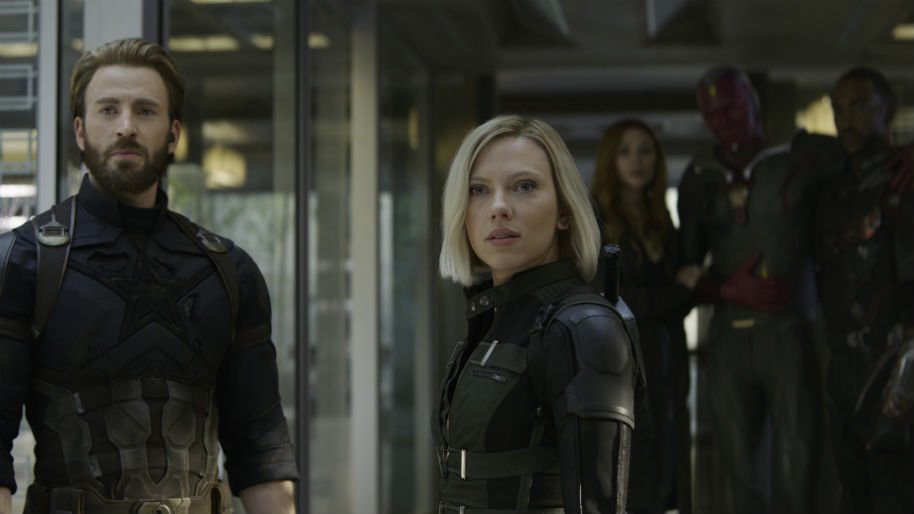
As comic fan from childhood who never dreamed he’d one day see the likes of The Grandmaster or get to visit Wakanda in a major movie, I have to ask: What character/event/spectacle has had the greatest impression on you after 10+ years ? Or is it hard to step back and look at it from that perspective after being in the trenches so long?
To this day, I think Iron Man has left the greatest impression on me. When I first saw the cut in post, I knew we had created something special. Everything just clicked. Second to that would be my experience during the Avengers: Infinity War shoot. Integrating these characters into one film was something we thought wasn’t possible a few years back, and seeing it come into reality was truly rewarding.
Avengers: Infinity War is now available on Digital and will be available on Blu-ray August 14.
